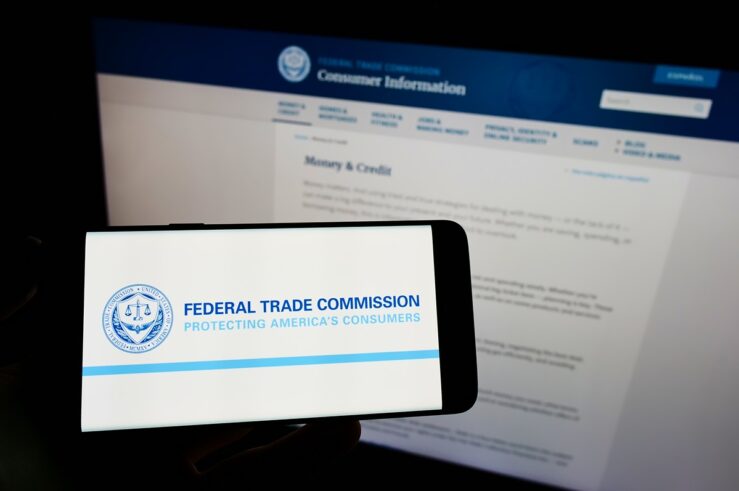In the wake of the Citizens United decision I responded to the argument that empowering corporation would distort political debate in part by noting that “[f]or-profit firms are limited in their ability to invest in politics for the simple reason that they can’t stay in business over the long run if they lose money.”
As the WSJ discussed, Target learned that when its political contribution found its way to a pro-business candidate who also happens to oppose same-sex marriage: “[H]undreds of gay-rights supporters demonstrated outside Target stores in locations nationwide, and a petition promising a boycott, signed by more than 240,000, was delivered to Target.”
The article notes:
The Target flap shows the potential downside for companies that want to get more involved in politics since a January Supreme Court ruling on campaign contributions. Brand-oriented companies, in particular, worry about getting embroiled in controversies that can tarnish their reputation. It is a rare political black eye for the trendy discounter, which has a track record of supporting gay causes, including extending partner health benefits to its employees. * * *
Despite the [Citizens United] ruling, most corporations remain reluctant to donate money to outside political organizations. People involved in politics say most companies remain risk-averse, worried about what would happen if they supported the loser.
As usual, proponents of government regulation simply forgot about markets. Incidents like this make many issues off limits for big corporations. They also may make it difficult for firms to support any candidate, since political candidates are not single issues but bundles of issues, support of any of which can backfire on the contributor. Corporations have a business to run.
Note that the WSJ pointed out that “labor unions remain larger contributors to elections than corporations.” Labor unions are much less sensitive to market reactions of the sort that hit Target. That’s why the First Amendment protection Citizens United granted to organizations may mean more to labor than to corporations.
This is just one of many reasons for rejecting the arguments seeking to deny First Amendment protection to corporate speech. For more, see my Citizens United archive.




